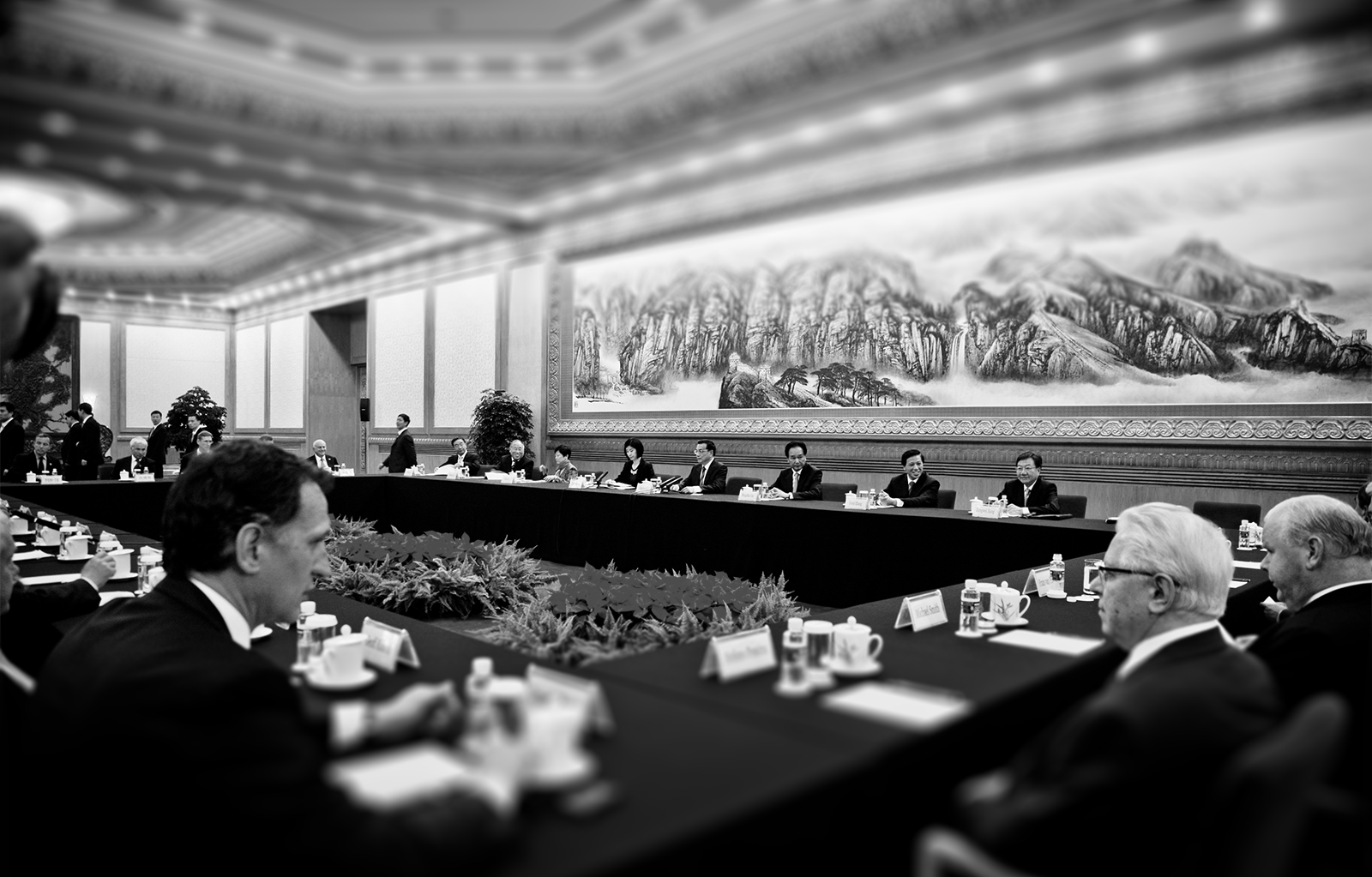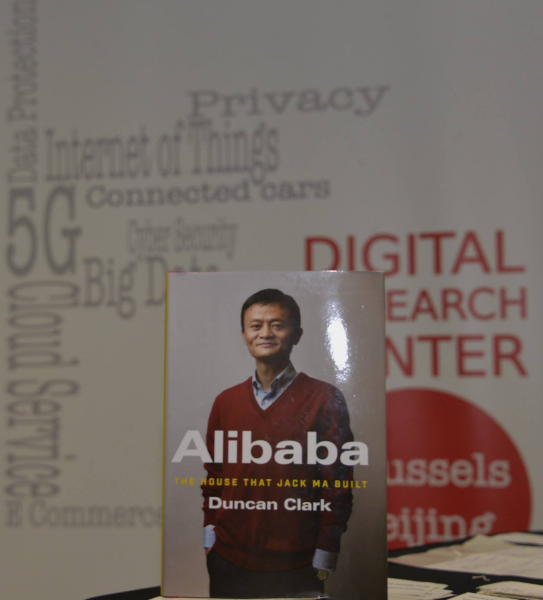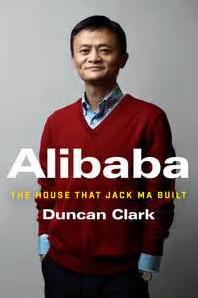- Founder and Chairman, BDA China, a leading investment consulting firm.
- Author of “Alibaba: The House That Jack Ma Built”
- Founder, investor and leading advisor on China’s dynamic technology and consumer sectors.
- Recipient of the 2016 Book of the Year award by The Economist for ‘Alibaba‘
- Founder and Chairman, BDA China, a leading investment consulting firm.
- Author of “Alibaba: The House That Jack Ma Built”
- Founder, investor and leading advisor on China’s dynamic technology and consumer sectors.
- Recipient of the 2016 Book of the Year award by The Economist for ‘Alibaba‘
Duncan Clark is a recognized expert on the Internet and entrepreneurship in China, where he has lived and worked for more than 20 years. Duncan is chairman of BDA China, which he founded in 1994 after working as an investment banker with Morgan Stanley in London and Hong Kong. BDA China is an advisory firm serving investors in China’s technology and consumer sectors, employing over 100 mainland Chinese professionals in Beijing.
An early advisor to leading China Internet entrepreneurs, Duncan is author of Alibaba: The House That Jack Ma Built, the definitive work on China’s e-commerce and technology giant, its founder Jack Ma, and the forces and people that propelled its rise. Alibaba: The House That Jack Ma Built, published in the spring of 2016 by HarperCollins/Ecco, has received glowing reviews from The New York Times (“breezy”, and an “engaging” biography), The Economist (“fascinating”), and The Wall Street Journal (“Duncan Clark tells the story with flair… A fine writer”). ‘Alibaba’ was named a Book of the Year by The Economist magazine and short-listed for ‘Business Book of the Year’ by the Financial Times/McKinsey.
A senior China policy advisor to institutional investors, corporations and governments, Duncan is also a cofounder or early stage investor of a number of technology ventures including AppAnnie, Student.com and Radish Fiction. He is an independent director of Bangkok Bank (China) and an advisory board member of WildAid – dedicated to ending the trade of illegal wildlife products in our lifetime – and the Digital Communication Fund of Pictet et Cie.
A UK citizen raised in the UK, US and France, Duncan is a graduate of the London School of Economics and a former Visiting Scholar at Stanford University. After serving as Chairman of the British Chamber of Commerce in China, Duncan was awarded an OBE in 2013 for services to UK-China trade and investment.





“We appreciate the inspiring speech you delivered at the European Parliament and the vivid presentation next day. Your insightful interpretation on China’s e-commerce development based on your deliberated observation through Jack Ma’s early life contributed enormously to the success of our two events. The sparks generated between your vision and other speakers’ enabled people to regain attention on the brighter side of China-EU relationship, led to an open-up of hot discussion on possible bilateral cooperation on cross-boarder e-commerce. All the audience and speakers enjoyed your passionate presence, especially Claudia Vernotti and myself.”
President, ChinaEU – Brussels, Belgium
“Now that the dust has settled a bit I thought I would pop you a mail to try and express what a privilege it was to work with you and the SAGE worldwide team. I just wanted to say a big thank you for the excellent speaker address, tight deadlines and quick turnarounds.
The Discovery Leadership Summit is the definition of intellectual leadership, understanding this statement shows the magnitude of the task completed. I truly do believe that you were an asset to the speaker line up and that you speaker address personified intellectual leadership shared.”